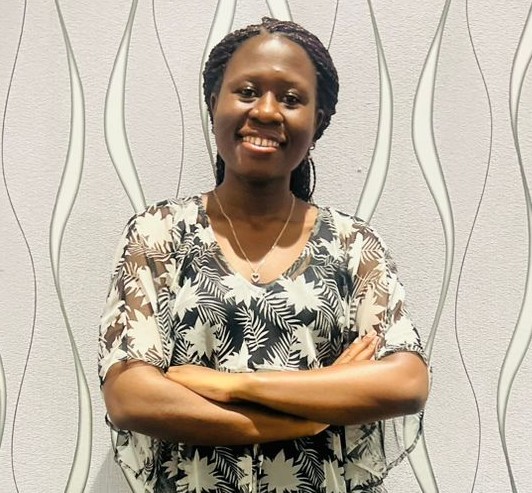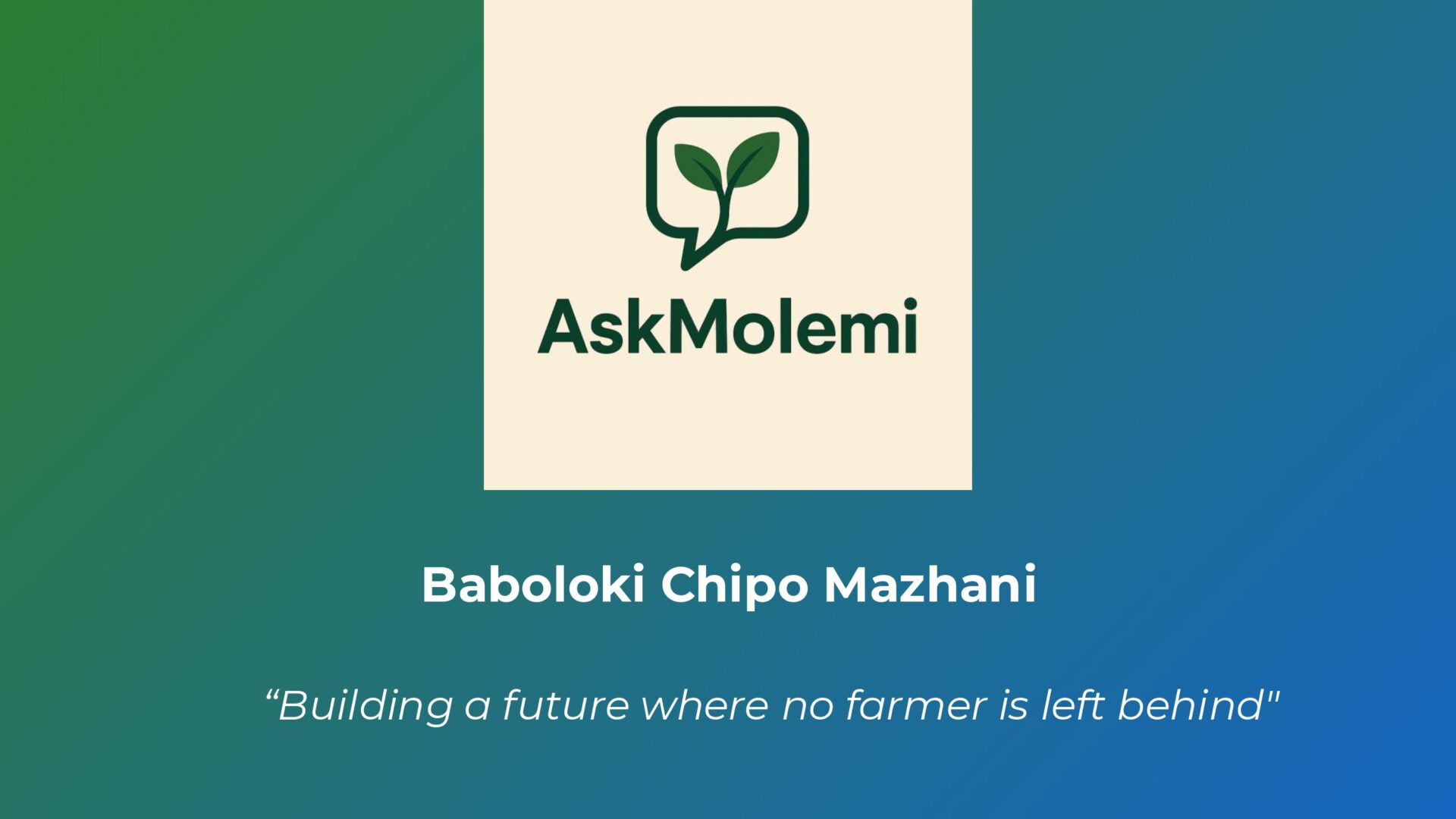In March 2025, Chipo Mazhani joined fellow participants at the 5th Big Data Africa School in Cape Town, South Africa for a five day intensive program, where graduate students from across the continent explored how to apply Earth observation (EO) data to real world African development challenges.
Chipo and her team, The Urbanizers, focused on monitoring the urban expansion of Cape Town using satellite imagery and machine learning techniques.They explored how EO datasets could be accessed, processed and visualized in cloud based environments like the Digital Earth Africa’s (DE Africa) sandbox. What started as an academic exercise in land use classification with deep learning models soon planted a deeper seed for Chipo, the possibility that Earth observation (EO) data could directly improve lives far beyond urban planning.
Months later, that seed germinated at the 2025 Africa Women in Tech & AI (AWITAI) Summer Camp in Morocco. A program that brings together promising young women technologists from across Africa. Participants were challenged to develop digital solutions that can be incubated and scaled. Representing Botswana, Chipo pitched AskMolemi (“Ask the farmer” in Setswana) a conversational AI platform that uses satellite data to deliver personalized agricultural advice to smallholder farmers via WhatsApp.
AskMolemi integrates DE Africa’s open Earth observation datasets such as NDVI (vegetation health), soil moisture, and rainfall anomalies to generate timely and localized insights. These include when to plant, what to fertilize with, and alerts for drought or pests. But instead of requiring farmers to access a portal or app, AskMolemi meets them on WhatsApp without logins, downloads or the need for high digital literacy.
“DE Africa showed me that EO data is powerful but it’s only truly impactful when people even in remote areas, without laptops can use it,” Chipo says.
From technical skills to local innovation
Chipo credits the DE Africa sandbox environment and training during BDAS for equipping her with hands-on experience in: Accessing and visualizing EO data in Python, working with DE Africa tools for land classification and understanding the policy relevance of satellite insights.These skills laid the foundation for AskMolemi’s minimum viable product (MVP) architecture combining cloud-based EO processing, AI-driven analysis, and a lightweight WhatsApp interface. While still in the early prototyping phase, this innovation represents a new generation of EO users, young Africans designing hyper-local solutions using global data.
Why this matters
Across Africa, millions of smallholder farmers face increasing uncertainty due to climate change, unreliable rainfall, and limited access to technical agricultural support. While satellite data is more available than ever, it often remains locked behind high-bandwidth tools or foreign-language platforms.
AskMolemi breaks that barrier. By localizing insights and delivering them through an everyday platform like WhatsApp, the project aims to translate satellite intelligence into everyday decisions, accessible, actionable and relevant to rural realities.
“I learned that EO data does not have to be complicated to be useful. If we design with local context in mind, satellite intelligence can reach even the most remote communities.” Chipo Mazhani
What’s next
Chipo is now developing the MVP, identifying crop-specific datasets for Botswana, and exploring partnerships for mentorship and incubation. Her long-term goal is to integrate AskMolemi with national agricultural support systems, providing a free, data-driven companion to traditional extension officers. Chipo’s journey is a case in point of DE Africa’s broader mission of enabling a new generation of African innovators to use open EO data to tackle the continent’s most pressing development challenges from the ground up.

“I learned that EO data does not have to be complicated to be useful. If we design with local context in mind, satellite intelligence can reach even the most remote communities.” Chipo Mazhani
 English
English  Português
Português  Français
Français  العربية
العربية 